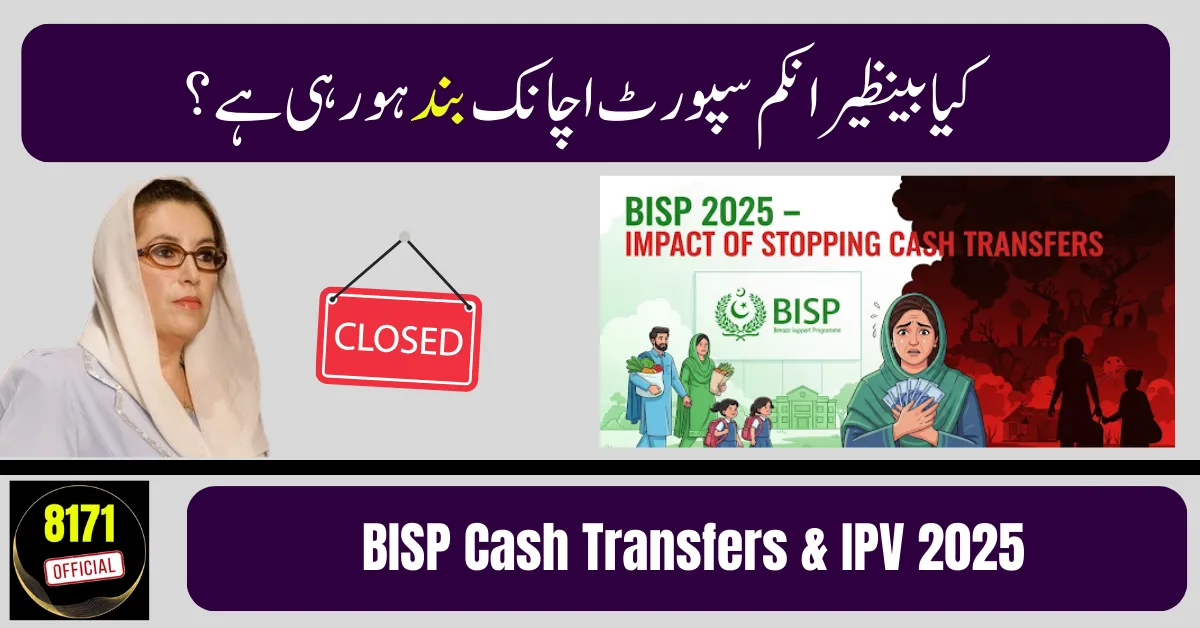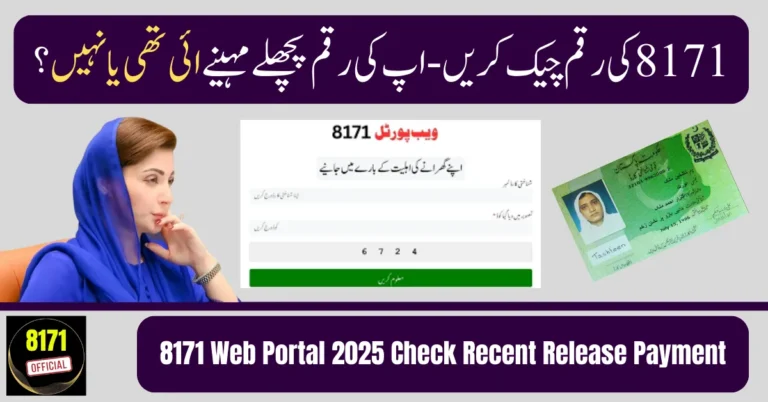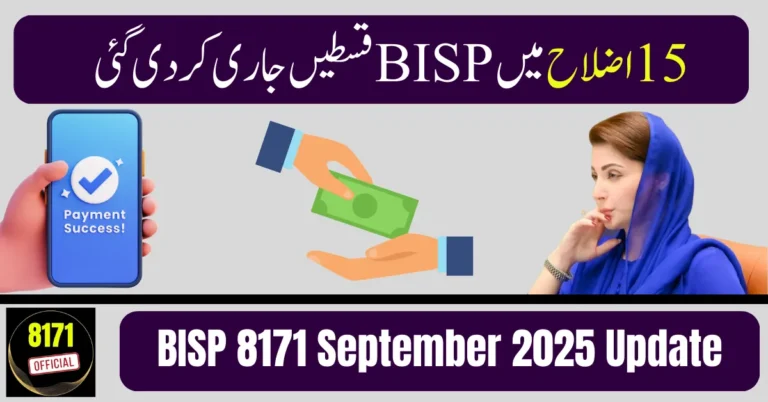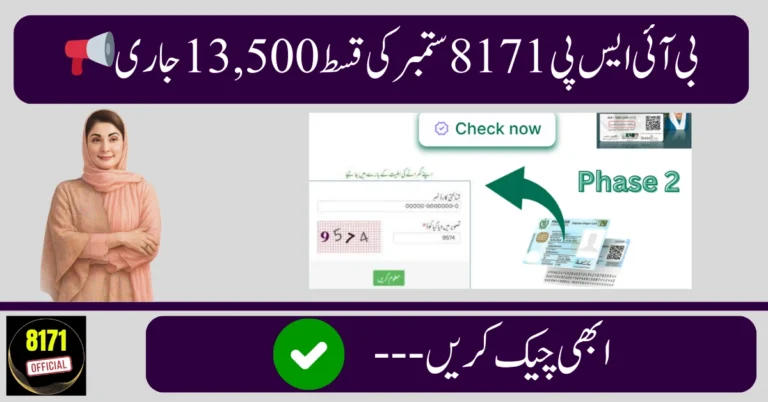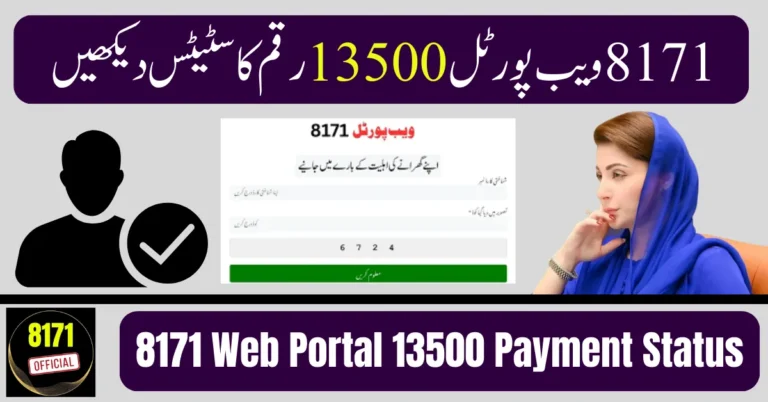Millions of families in Pakistan depend on the Benazir Income Support Programme (BISP) for survival. For women, these cash transfers mean more than money—they provide dignity, decision-making power, and a safer home environment. Studies show that when women control cash, family conflicts reduce and the risk of intimate partner violence (IPV) goes down.
But what happens if the payments suddenly stop? In 2025, experts warn that an abrupt discontinuation of BISP cash transfers could push families back into poverty, strip women of empowerment, and increase household stress. This not only impacts financial stability but also creates hidden risks of violence and inequality.
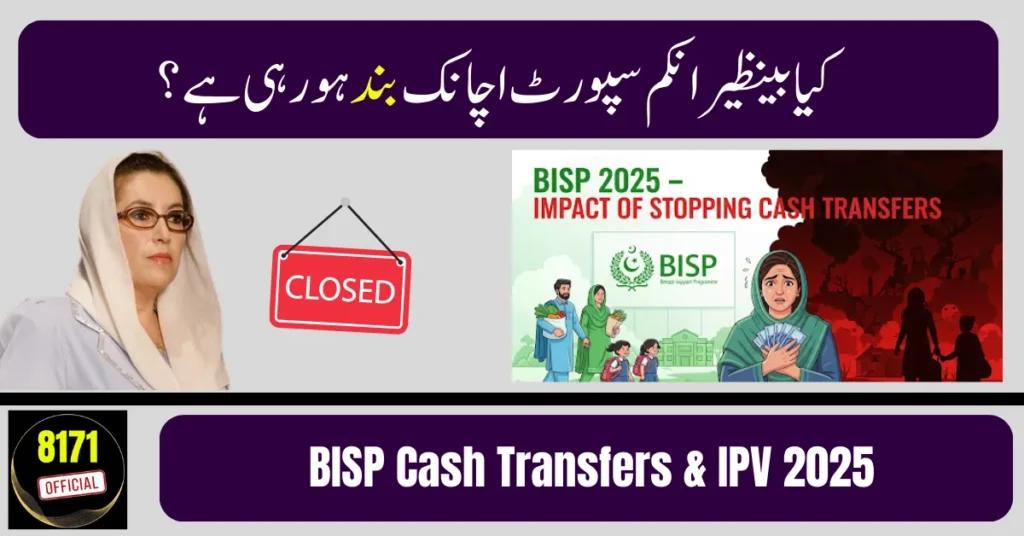
Why BISP Matters Beyond Cash
- Reduces household stress by covering food, education, and health.
- Gives women direct control over finances.
- Improves family harmony and reduces IPV cases.
Risks of Sudden Stoppage in 2025
- Financial insecurity returns quickly.
- Women lose influence in household decisions.
- Stress and disputes rise, increasing IPV risks.
- Poorer households suffer the most, with no safety net.
Lessons from Global Evidence
- In Bangladesh & Indonesia, cash aid improved family nutrition and reduced IPV.
- Latin America’s conditional transfers improved schooling and reduced household conflict.
- African studies show transfers to women are more impactful for reducing IPV.
Safe Exit Strategies for BISP
To avoid harm, experts suggest:
- Gradual phase-out instead of sudden cut-offs.
- Encourage savings and financial literacy.
- Provide skill development and job opportunities.
- Pair cash aid with community support and counseling.
Conclusion
The BISP cash transfers are more than financial aid—they are a lifeline for women’s empowerment and family stability. Abruptly stopping them in 2025 could undo years of progress, increasing stress and violence risks.
FAQs
Q1: Why do BISP cash transfers reduce IPV?
Because women gain control, stress reduces, and families experience more harmony.
Q2: What happens if payments suddenly stop?
Families fall back into poverty, and IPV risks increase.
Q3: Do all households suffer equally?
No, households with savings or education cope better, but poor families are hit hardest.
Q4: How can impacts be reduced after ending BISP?
Through gradual phase-out, financial literacy, and vocational training.
Q5: Is there global proof of this impact?
Yes, studies from Asia, Africa, and Latin America confirm cash transfers empower women and reduce IPV.
